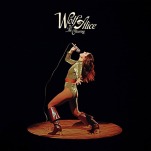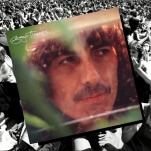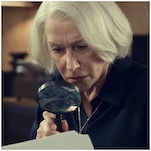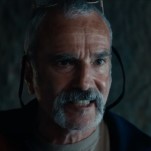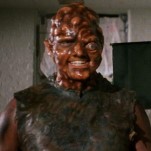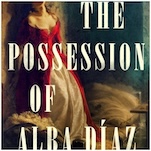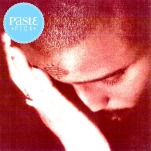Throwback Thursday: Hereford United v Newcastle United (February 5th, 1972)
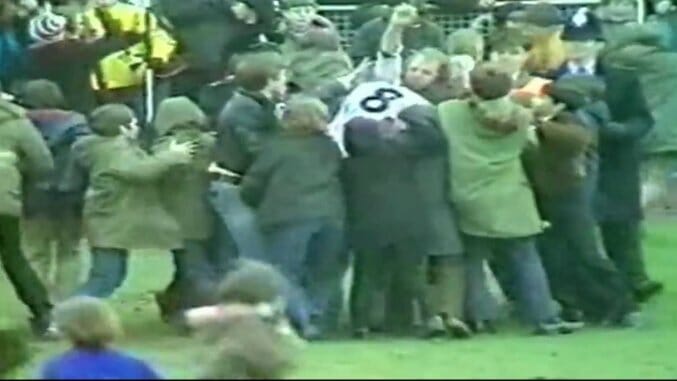
Since we started the Throwback Thursday column last year we’ve dipped repeatedly into the FA Cup for material. As the oldest competition in football, its lengthy history serves as a sort of repository for much of the sport’s own distinguished past. The FA Cup has outlived players, managers, clubs, and even the British Empire itself.
As we’ve noted in previous instalments, one thing that keeps people coming back to the Cup year after year is the promise of major upsets. The possibility of a small club meeting one of the giants of English football on equal terms and emerging triumphant lends a romantic quality that’s singularly intoxicating.
There have been many Cupsets in the tournament’s long history, and over the past year we’ve covered but a small smattering of them. But one in particular stands out, and it’s one that we haven’t managed to write about— until now.
This week, we look back at a tie that defined the ‘Cupset’— February 1972, Edgar Street, Hereford United v Newcastle United.
In the 1971-72 season, Hereford United were playing in the Southern Football League. At the time it represented the fifth tier of English football (it’s currently the seventh and eighth), putting Hereford solidly among the ranks of amateur football. As such, they had a longer and harder road to their meeting with Newcastle. The Bulls came in at the Fourth Qualifying Round, getting off to a good start by beating Cheltenham Town 3-0. But they were forced into replays in the First Round Proper against now-defunct King’s Lynn and again in the Second Round against Northampton Town. Somehow they made it all the way to the Promised Land for nonleague clubs— the Third Round.
As one of the big fish in the old First Division, the Third Round represented Newcastle’s entrance into the competition. They were drawn as hosts, and the sense was that the Magpies would coast to victory. Star center forward Malcolm Macdonald, who we’ve written about previously, was quoted as saying he would score 10 goals against Hereford and break a record. (He later denied he said that.)
Yet Hereford showed early on that they weren’t going to roll over. They took the lead after just 17 seconds thanks to a free kick awarded shortly after kickoff, stunning the 39,000 plus crowd at St. James’ Park into silence. Newcastle would score twice within the first fifteen minutes to reset expectations, but player manager Colin Addison equalized with a stunning 25 yard strike and ensured a replay at Edgar Street.
And that’s where history was made.
-

-

-

-

-

-

-

-

-

-

-

-

-

-

-

-

-

-

-

-

-

-

-

-

-

-

-

-

-

-

-

-

-

-

-

-

-

-

-

-



